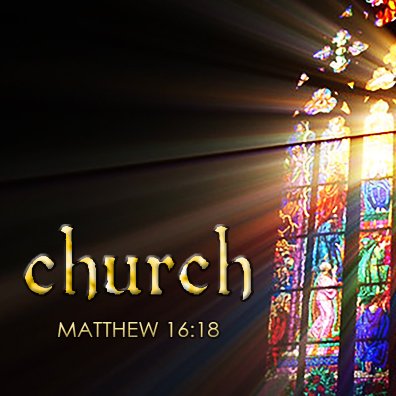SPIRITUAL - PART 1
Spiritual Direction
Sunday, April 16, 2023
Acts 5:27-41, Luke 12:11-12
God has exalted Jesus to his right side as leader and savior so that he could enable Israel to change its heart and life and to find forgiveness for sins. We are witnesses of such things, as is the Holy Spirit, whom God has given to those who obey him.”
Acts 5:31-32
Listen to this week’s sermon here:
___________________
“Spiritual but not religious.”
While many Christians balk at such a label, accusing this ever increasing group of abandoning the church and their faith, it is nevertheless a label that speaks volumes about the religious landscape of our nation and much of the Western world. For those who fear the decline of the institutional church as we know it, it is easy to blame such “religious vagabonds” for our plight, but perhaps it would be more prudent to examine their motives, the nature of their faith, and their critiques of what we call “Christianity” in an effort to better understand where we have gone wrong.
On one hand, we might say that “Spiritual but not religious” is an easy way out because it requires no commitment or loyalty to any particular organization, religious practices or even beliefs. On the other hand, the fact that there exists such a deep longing for spirituality in the human heart, even among those outside of organized religion, should tell us a great deal about the power and work of the Holy Spirit in our world.
“Spiritual” simply means “of or relating to the spirit” or “sacred matters”, which could of course refer only to the human spirit or soul. From a Biblical worldview, however, the human spirit is given life through the breath or Spirit of God. Few will question that at some level, we are spiritual beings, yet an entirely natural source cannot give birth to a spiritual being anymore than a freshwater spring can produce a saltwater stream. If there is indeed something supernatural or “spiritual” within us, we must explore what it means to connect with this “Divine Spirit” whom the scriptures say hovered over the waters when everything began.
Spiritual Direction as a discipline involves two or more people listening for the promptings of this Divine or “Holy Spirit” in the context of conversation, meditation, memories, and other reflective practices in an effort to seek wisdom or direction from the Spirit of God. In this way, it is not the spiritual director who actually does the directing, but rather the Holy Spirit’s own whisper. Thus, one of the primary roles of the Holy Spirit is to guide and direct our path.
Throughout the book of Acts, we see this kind of Holy Spirit Direction in almost every chapter. It is the Spirit who directs Peter, John and the other apostles how to preach to the crowds, how to respond to various needs through miraculous interventions, and ultimately directs them in how to respond when they are questioned by the authorities. In Acts 5:27-41 as Peter stands before the religious leaders, the Spirit does exactly what Jesus says the Spirit will do.
“When they bring you before the synagogues, rulers, and authorities, don’t worry about how to defend yourself or what you should say. The Holy Spirit will tell you at that very moment what you must say.”
Rather than resisting the move in our culture toward spirituality and digging our heals deeper into man-made religious rules and traditions, perhaps it is time we religious people seek to live into our own spiritual natures by connecting with the Spirit of God and learning to become more attentive to Holy Spirit’s Direction in every part of our lives.
Extended clips from Francis Chan on the Holy Spirit



